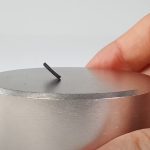Media Sensationalism has become rife in recent years. Recent headlines seem to have a trend and obsession with what causes heart attacks.
Years ago medical experts warned us that diet and lack of exercise can cause heart issues.
That’s still true today but the media have gone a step further.
Today the mainstream media have become the experts.
They have informed us that we can expect heart attacks if we have a shower, become too happy, go out in the cold weather, do the gardening, and the most bizarre – become pregnant if you’re a man!!
Is the media creating fear out of nothing or is this just good old-fashioned sensationalism?
Here are a few examples of recent headlines that we’ve collected for you:
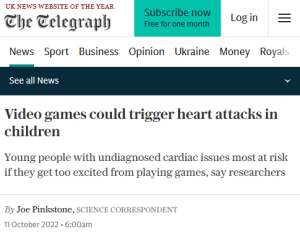
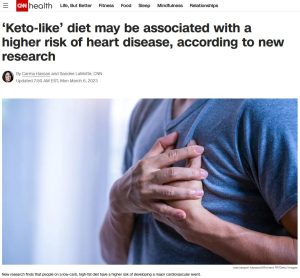
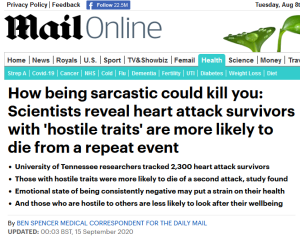


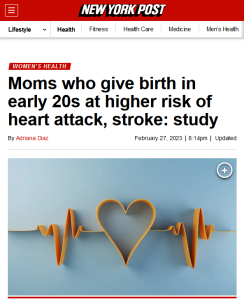


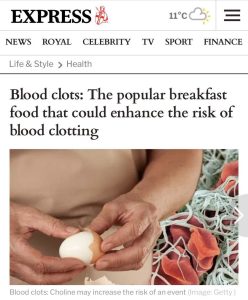
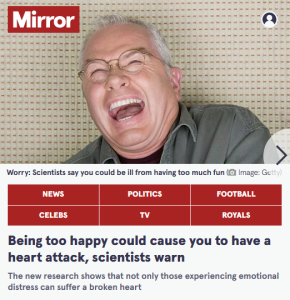

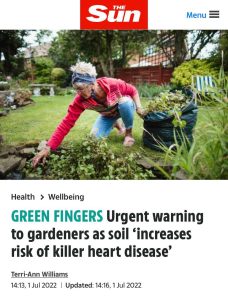

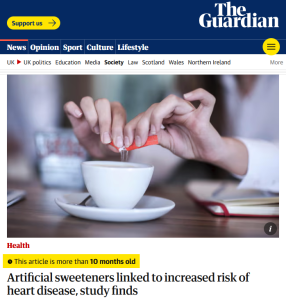

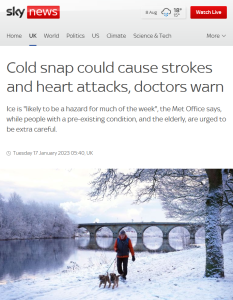

Media sensationalism has the ability to affect the way we live. It may boost our anxiety, encourage us to make wrong choices and judgements, and destroy our faith in the media.
Because of this, it’s important to look into the information we consume and be aware of the ways in which the media might sensationalize stories.
Here are some pointers on how to critique the media more:
Read the entire article rather than just the headline. To capture your attention, headlines are frequently sensationalized. The truth may be very different.
Verify the information’s source. Is it a reliable news source? Alternatively, is it a website that publishes sensationalized news?
Think about the data. What proof is offered to back up the statements being made?
Make your own decisions. Don’t blindly accept what you read or see. To determine what is true and what is not, use your own critical thinking abilities.
Even when they are not the most significant or pertinent, negative parts of a story are frequently highlighted by the media.
This could instill dread and worry in the general populace and influence their decision-making.
For instance, a news report about a new virus can emphasize the number of fatalities caused by the virus rather than the number of survivors.
We can better defend ourselves against the harmful effects of sensationalism if we practice media criticism.
So the next time you see headlines like this, try not to be too influenced by the gloomy tone and just read for fun.



